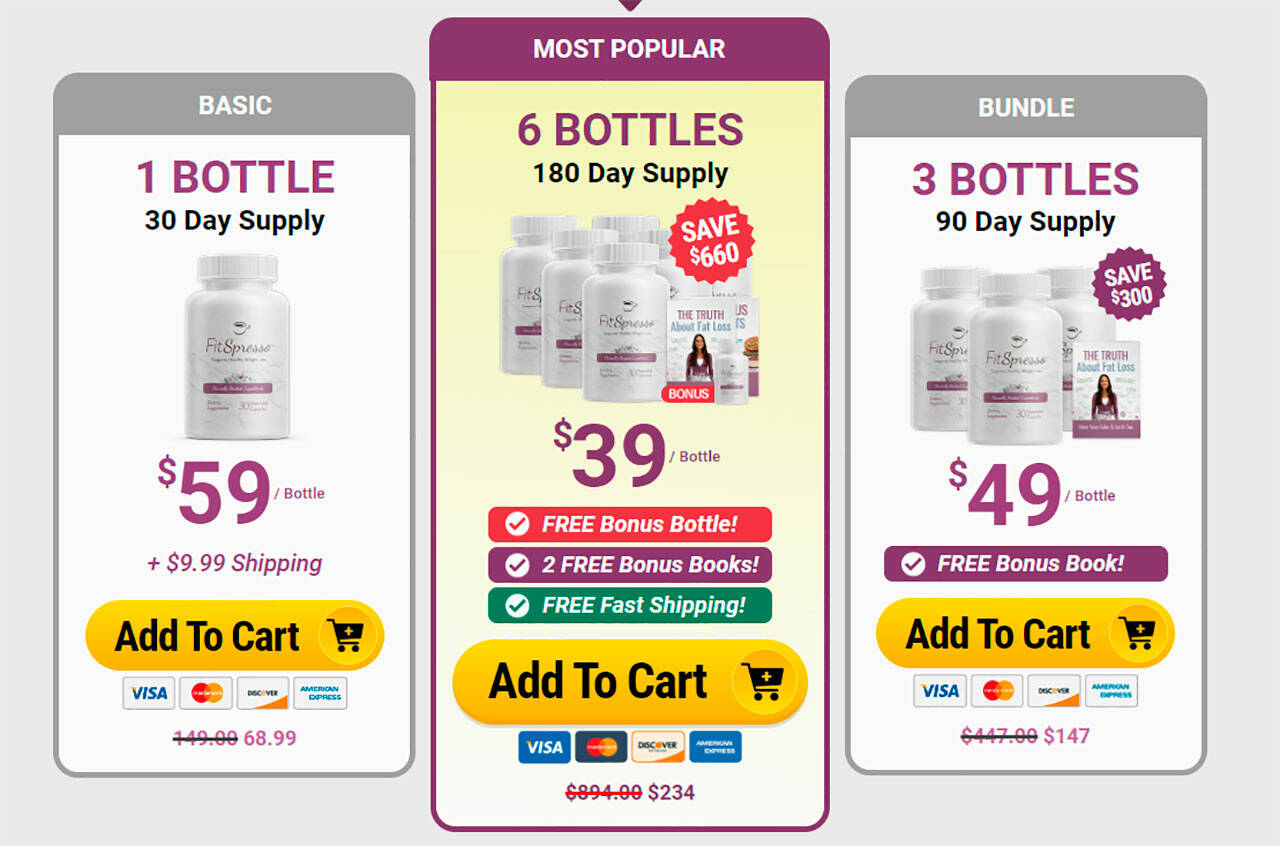In our modern era, medicines play a crucial role in maintaining and restoring health. From alleviating symptoms to curing diseases, the pharmaceutical industry continues to innovate, providing an array of treatments for various ailments. Fitspresso reviews , with this vast array of options comes complexity, and it’s essential for individuals to understand the importance, benefits, and potential risks associated with medicines.
The Importance of Medicines:
Medicines have revolutionized healthcare, extending and improving the quality of life for millions worldwide. They serve several critical purposes:
- Treatment of Diseases: Medicines are primarily used to treat diseases, ranging from common ailments like colds and headaches to chronic conditions like diabetes, hypertension, and cancer.
- Symptom Management: They help manage symptoms, providing relief from pain, discomfort, inflammation, and other manifestations of illness.
- Prevention: Vaccines and prophylactic medications prevent the onset of diseases, reducing the risk of infection and transmission.
- Maintenance of Health: Certain medications are prescribed to maintain health by regulating essential bodily functions or preventing complications associated with chronic conditions.
Understanding Medication Risks:
While medicines offer significant benefits, they also come with potential risks and side effects. It’s crucial to approach them with awareness and caution:
- Side Effects: Many medications can cause side effects, ranging from mild to severe. These can include nausea, dizziness, allergic reactions, and, in some cases, organ damage or increased risk of other health problems.
- Drug Interactions: Mixing medications can lead to harmful interactions, diminishing effectiveness or exacerbating side effects. It’s essential to inform healthcare providers of all medications, including over-the-counter drugs, supplements, and herbal remedies, to avoid potential complications.
- Dependency and Addiction: Certain medications, particularly those used to manage pain or mental health conditions, carry a risk of dependency or addiction if not used as prescribed.
- Antibiotic Resistance: Overuse or misuse of antibiotics can contribute to the development of antibiotic-resistant bacteria, posing a significant threat to public health by rendering these medications ineffective against infections.
Responsible Medication Use:
To maximize the benefits of medicines while minimizing risks, it’s crucial to adopt responsible medication practices:
- Follow Prescribing Instructions: Always take medications as prescribed by healthcare professionals, adhering to dosage instructions and schedules. Never alter dosages or discontinue medications without consulting a healthcare provider.
- Stay Informed: Educate yourself about the medications you’re taking, including their intended purpose, potential side effects, and interactions. Ask questions and seek clarification from healthcare providers as needed.
- Communicate Openly: Inform healthcare providers of any pre-existing medical conditions, allergies, or medications you’re taking to ensure safe and effective treatment.
- Monitor Effects: Pay attention to how your body responds to medications and report any concerning symptoms or side effects to your healthcare provider promptly.
- Dispose Properly: Dispose of expired or unused medications properly to prevent accidental ingestion or environmental contamination. Many communities offer medication disposal programs or guidelines for safe disposal at home.
Conclusion:
Medicines play a vital role in modern healthcare, offering relief from symptoms, treating diseases, and preventing illnesses. However, it’s essential to approach them with awareness of their benefits and potential risks. By understanding how medications work, staying informed, and practicing responsible medication use, individuals can harness the power of medicines to safeguard and improve their health effectively. Remember, the key to safe and effective medication use lies in collaboration between healthcare providers and patients, working together to achieve optimal health outcomes.
